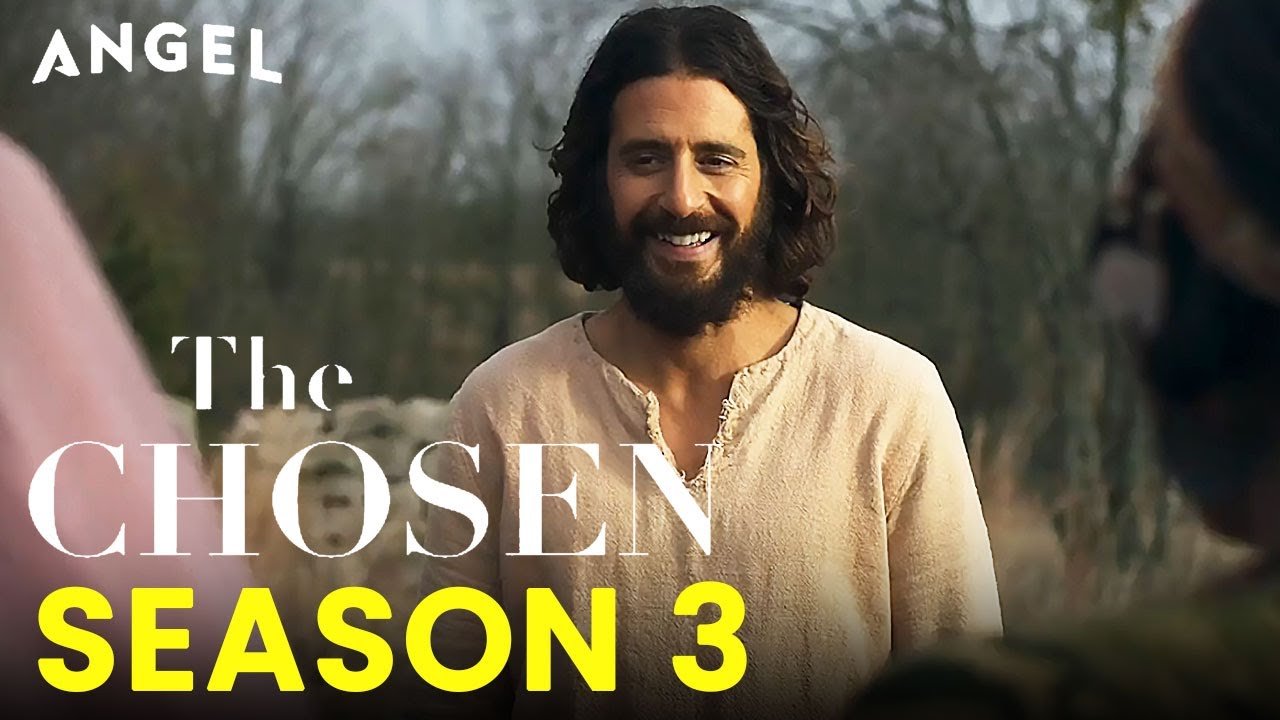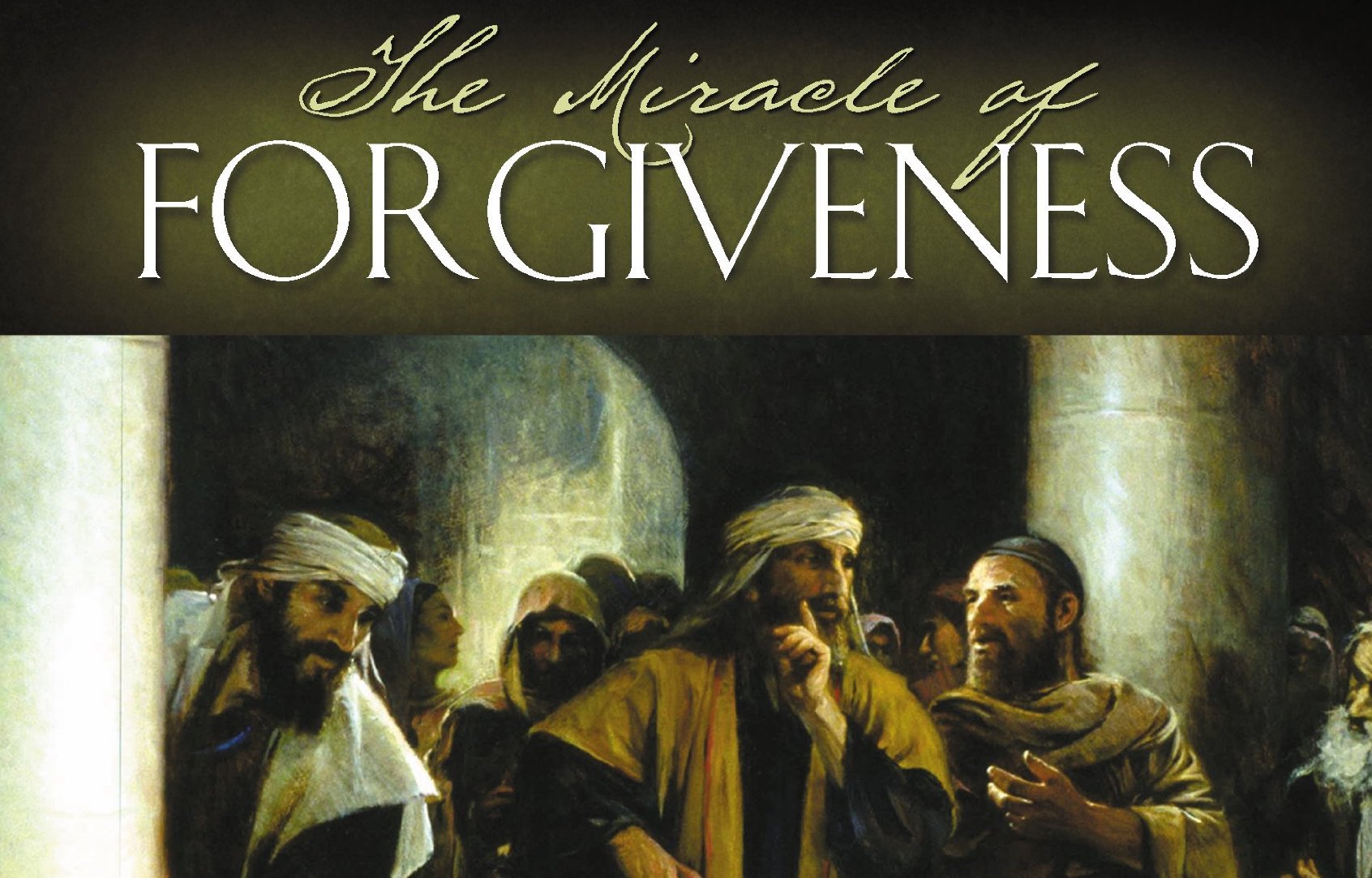A church should be doing outreach (Matthew 28:18-20). We should be concerned about the well-being of our community (Jeremiah 29:7). We should be caring for widows and orphans, right? (James 1:27). And we are called to feed the hungry, shelter the stranger, clothe the naked, care for the sick, and visit those in prison (Matthew 25:35-40). How are we doing?
Do the verses I just shared mean that every child in a poor school district should get a free backpack full of school supplies? Should every church have a food pantry and a prison ministry? Are we to pay the rent of every homeless person or soon-to-be evictee who walks through the church doors? How many orphans can we adopt? Should we raise volunteers to build and run an orphanage? Are we called to raise funds to create a new hospital?
I think the Bible's answer is. . . maybe.
After Jesus had been teaching and preaching all day, he challenged his disciples to feed five thousand men, plus women and children (John 6:1-7). They couldn't, but then Jesus did. If we stopped there, we'd have a good argument for feeding people and nothing more. But there's a lot more to this biblical account. Let us consider Jesus' words to those same people the next day.
When the large crowds found Jesus again, he rebuked them. He said, "Truly I tell you, you are looking for me, not because you saw the signs, but because you ate the loaves and were filled. Don't work for the food that perishes, but for the food that lasts for eternal life, which the Son of Man will give you, because God the Father has set his seal of approval on him" (John 6:26-27). Let us not forget that John said the signs that were recorded in the book of John serve to cause one to believe and have eternal life" (John 20:30-31). The feeding was among the signs, but they didn't seek Jesus because of the signs; they just wanted more bread.
Furthermore, after missing the feeding sign, the people challenged Jesus to produce another sign and pointed out that Moses gave a sign by providing hungry people with manna (John 6:30-31).
Jesus told the people that he is the bread of life, and they've already been given a sign. They had the Law and Prophets, and they just saw a miracle and heard Jesus' preaching, yet they still didn't believe. Even if someone came back from the dead to warn them, they wouldn't believe (Luke 16:31). Jesus told them how they could have eternal life, yet they grumbled, complained, and rejected Jesus (see John 6:30-66). The people were pleased enough to have their stomachs filled for another day but unwilling to give any thought to salvation or their eternal future (Philippians 3:19).
Why did Jesus feed all these people?
For the same reason. This is why Christians serve their community, tend to widows and orphans, feed the hungry, shelter the homeless, provide clothing, and visit people in prison. This is the foundation for social justice. It is a sign. It is so Jesus can be seen and people will have the opportunity to believe.
If we give poor children school supplies, provide a thirsty person a cup of cold water, or visit people in prison because we see them and love them, we may demonstrate that we have a righteous heart. The unrighteous missed the suffering of their fellow humans and were numbered among the goats (Matthew 25:31-46). These are good acts, but let us be careful not to think these acts earn the righteous their salvation when they are only outward signs. Remember that these examples in Matthew 25 are not acts of outreach and evangelism.
Having compassion for the least of these is good. But if we serve them so we can pat ourselves on the back and say, "See what we did in the Lord's name," we may be in great danger (Matthew 7:21-23). If our actions are for a photo opportunity, then we have our reward now, rather than in heaven; frankly, we've used the least of these to make ourselves look and feel righteous. We may not humbly see those who were suffering in a way that honors Jesus but instead see them as a means of promoting our self-righteous service.
However, if we start by seeing the greatest needs of our neighbors (i.e., their eternal damnation) and do everything we can to share Jesus' message of salvation and hope with them, we may actually help them. It might be that a backpack full of school supplies or a bag of food, or a hospital helps us achieve this primary goal. Then we don't get excited about giving a child a backpack but instead use it like a door hanger or the 15-second story with the hope of sharing the gospel. The opportunity to see a child pass from spiritual death to spiritual life should drive our excitement for service.
When it comes to outreach and evangelism, we must start with the gospel and evaluate our efforts by what will allow us to share the gospel. Maybe it's a series of steps. Giving a gift of support may enable us to hear a person's story and invite her to church, where she may listen to the gospel. Or it could be that it takes a few months of smaller steps. But we must have a clear idea of how the effort leads to sharing the gospel, or we've not helped them with their greatest need. Even worse, we may have simply enabled them to chase after Jesus to fill their belly and reject Jesus simultaneously. If we're not careful, we may facilitate a worse attitude toward Jesus and his Church--the ATM that doles out money if you have a big enough sob story.
The answer to this problem is found at the conclusion of the story of the feeding of the five thousand. It's John 6:67-71. We're called to make disciples. John 6:68-69 is what a disciple says. Our outreach and evangelism should be set with that aim in mind. If we start with the gospel and measure by our efforts for the gospel (rather than the number of meals passed out), we'll do a lot more than feeding the people's physical hunger for a day; but as Jesus demonstrated, that's not a wrong step along the way. We have to keep the right things in the right priorities as we go.




















